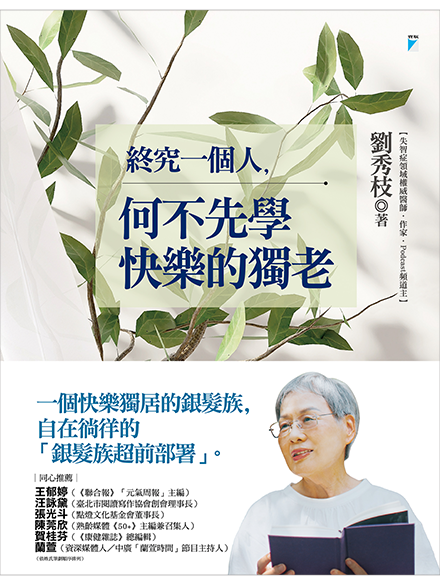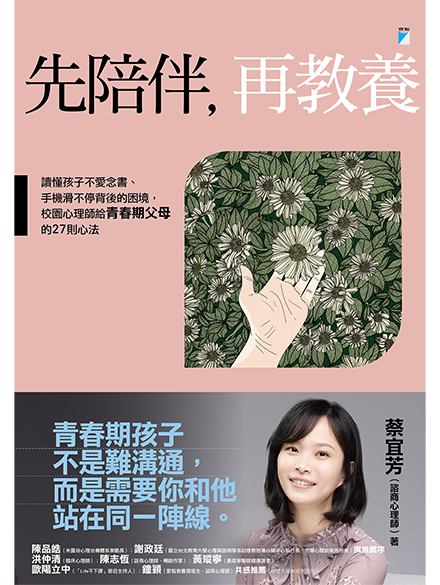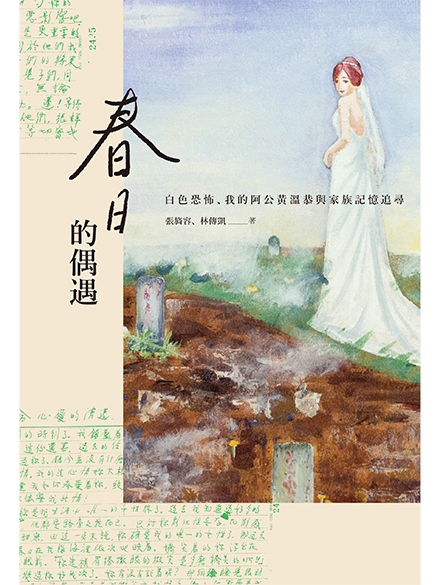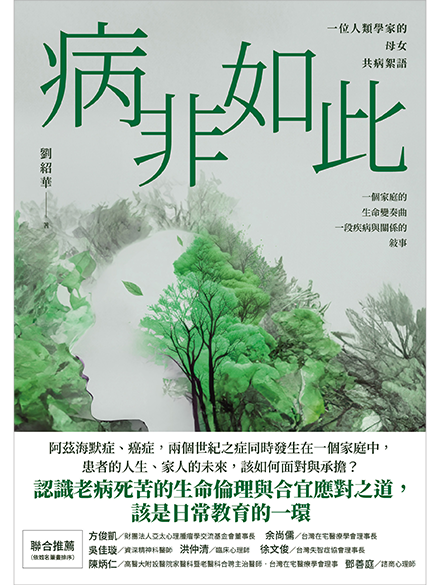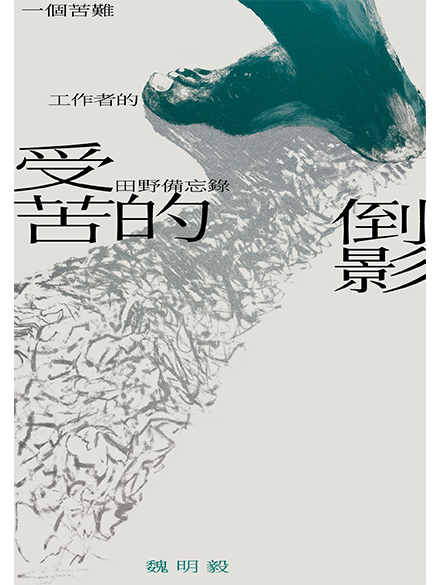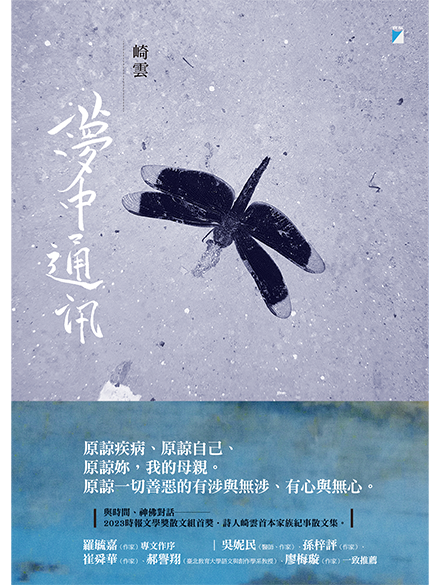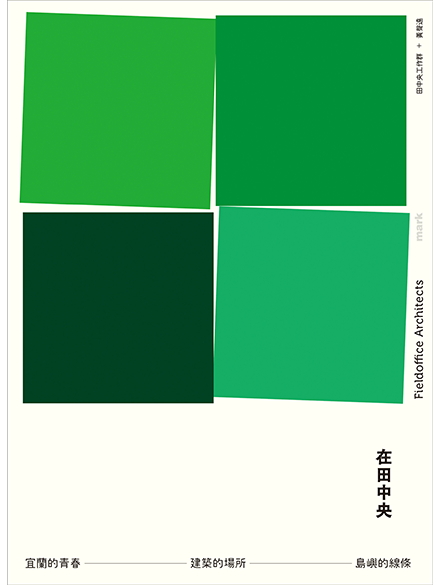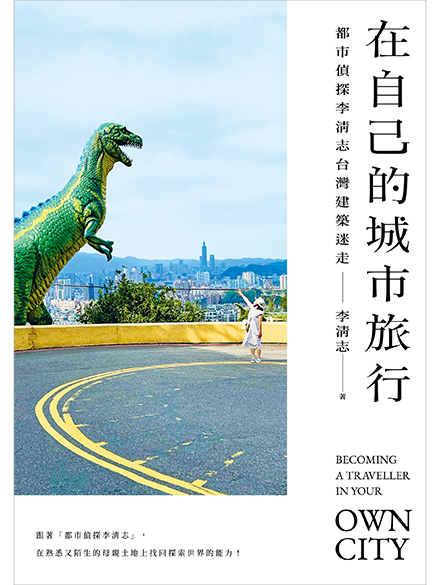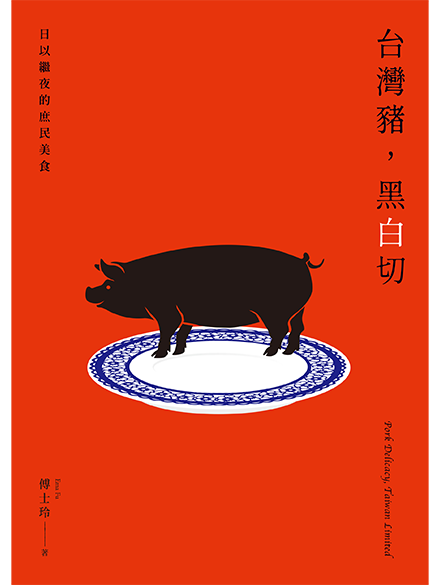This 75-year-old author is a specialist in neurology, a breast cancer survivor, has undergone surgeries for cataracts, a bulging disc, and a dislocated vertebra, and has consciously chosen to never marry. In this personable and approachable book, this unique woman helps dispel readers’ fears, teaching them the principles of happiness for the final stage of life’s journey, even when the road ahead is rough going.
Eschewing technical jargon and confusing explanations, the book is an easy read, even for seniors who might already be wondering if they are slowing down mentally. The author approaches things in a step-by-step fashion. Her suggestions are intended to have low barrier-to-entry, and don’t require any financial resources to follow. In fact, most of her advice revolves around principles for healthy living that we can follow at any age. If you’re caring for an aging parent, consider reading this book together, and encouraging each other to put these principles into practice.
As the author suggests, being too hard on ourselves won’t accomplish anything. Just as we all must one day face death, so must we all face aging. And even if the process cannot always be graceful, if we can live happily with aging, we will have done enough.
